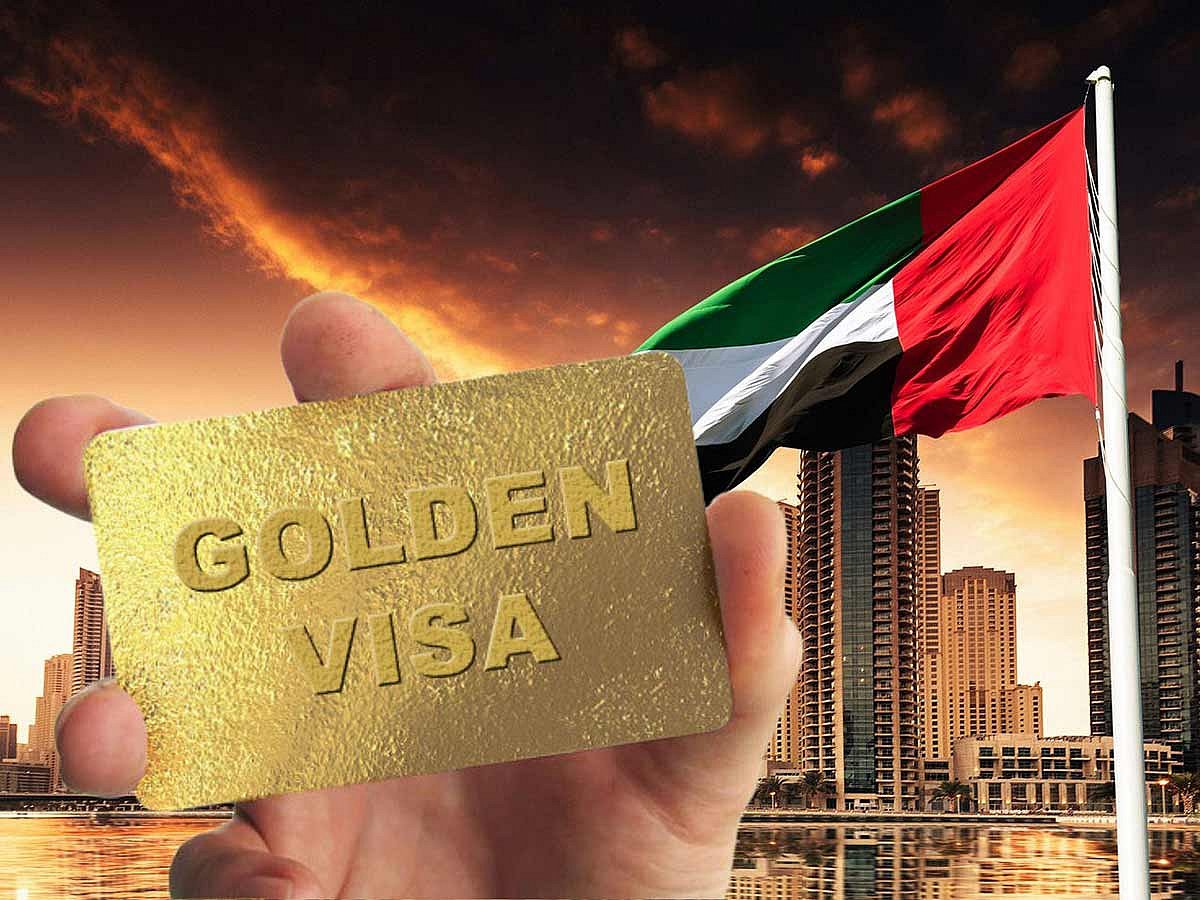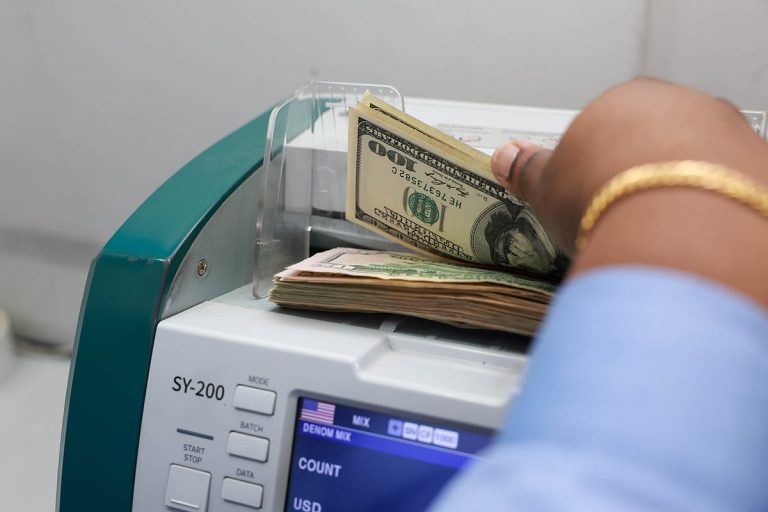New Long-Term Residency Options for UAE Residents in GCC
For residents of the UAE considering a long-term move within the Gulf Cooperation Council (GCC), new residency options are now available across the region. Countries such as Saudi Arabia, Qatar, Bahrain, and Oman have introduced various investor and premium residency programs, allowing individuals to live, work, and invest without the need for a local sponsor.
Overview of GCC Residency Programs
The introduction of these residency programs marks a significant shift in the GCC’s approach to attracting foreign talent and investment. While the UAE’s Golden Visa program set the standard, other Gulf nations have developed their own unique offerings, often with similar benefits.
#### UAE Golden Visa
The UAE’s Golden Visa program is designed for investors, entrepreneurs, skilled professionals, and exceptional talents. Depending on the category, applicants can secure a renewable 10-year visa without needing a local sponsor. Key eligibility criteria include:
– Purchasing property valued at AED 2 million or more. – Investing at least AED 2 million in public funds or a UAE-registered company. – Owning a business with an annual revenue of AED 1 million or more. – Earning a minimum monthly salary of AED 30,000 as a skilled professional with a university degree.
Golden Visa holders enjoy full ownership of businesses, the freedom to work across the UAE, and the ability to sponsor family members.
#### Saudi Arabia’s Premium Residency
Saudi Arabia offers a Premium Residency (Iqama) program, which functions similarly to the Golden Visa. This program has two options: a renewable annual permit costing SAR 100,000 (approximately $26,600) or a permanent residency option. Key requirements include:
– Real estate investment of SAR 4 million ($1.07 million). – Business investment of SAR 7 million ($1.87 million) with job creation. – A special talent category for researchers and executives meeting specific salary and experience criteria.
This program allows holders to own property and run businesses without a local sponsor, marking a significant departure from the traditional Kafala system.
#### Qatar’s Residence by Investment
Qatar’s approach focuses on real estate investment. The Residence by Investment program allows foreigners to qualify for residency by purchasing property in designated areas. The investment thresholds are:
– $200,000 for a renewable temporary residence permit. – $1 million for permanent residency, subject to an annual quota.
Applicants must be over 21, possess a clean criminal record, and pass a health check. This visa grants the right to live and work without a sponsor and to sponsor family members, with processing times typically ranging from four to six weeks.
#### Bahrain’s Golden Residency Visa
Bahrain offers a Golden Residency Visa, which provides 10 years of renewable residency. Eligibility criteria include:
– Owning property worth BHD 200,000 ($530,000). – Earning at least BHD 2,000 per month as a long-term resident employee. – Demonstrating a monthly retirement income of BHD 4,000 ($10,600). – Being recognized for exceptional talent by a Bahraini authority.
This program is particularly accessible for professionals and retirees already residing in the Gulf.
#### Oman’s Investor Residency Program
Oman has revamped its Investor Residency Program under Vision 2040 to attract foreign investment. The 10-year visa requires an investment of OMR 200,000 ($520,000) in property, business, or government bonds. Benefits include:
– Inclusion of spouses, children, and parents in the application. – Rights to own property beyond tourism zones and employ domestic workers. – Access to fast-track airport lanes.
For smaller investors, Oman also offers a 5-year residency for an investment of OMR 250,000 ($650,000). Retirees can apply if they have a monthly income of OMR 4,000 or more.
Implications of the New Residency Programs
The expansion of golden and premium visas across the GCC signifies a major policy shift. Historically reliant on short-term expatriate labor, these countries are now competing to attract long-term residents, investors, and innovators. Research from Brandeis University highlights that these programs provide expatriates with a sense of stability in a region where citizenship is often elusive. Additionally, they enable governments to diversify revenue streams, enhance investment opportunities, and cultivate global talent hubs.
For UAE residents accustomed to long-term planning, these new residency schemes present exciting opportunities. Whether seeking property investments in Doha, establishing a business in Riyadh, or planning retirement in Muscat, the evolving landscape of residency options in the GCC is reshaping the notion of home in the region.
FAQs
What is the duration of the Golden Visa in the UAE?
The Golden Visa in the UAE is typically valid for 10 years and is renewable, allowing holders to maintain their residency status as long as they meet the eligibility criteria.
Can I sponsor my family with these new residency visas?
Yes, most of the residency programs in the GCC allow holders to sponsor family members, providing a pathway for families to live together in the region.
Are there any health requirements for obtaining these visas?
Yes, applicants for residency programs in the GCC generally need to pass a health check as part of the application process, ensuring they meet the health standards set by the respective countries.
Conclusion
The introduction of long-term residency options across the GCC offers UAE residents a wealth of opportunities for living, working, and investing in the region. As these programs continue to evolve, they provide a pathway for individuals seeking stability and a sense of permanence in their lives. Exploring these options can lead to new ventures and a deeper connection to the Gulf.
Also Read:
Qatar Simplifies Property Ownership for Foreign Investors







